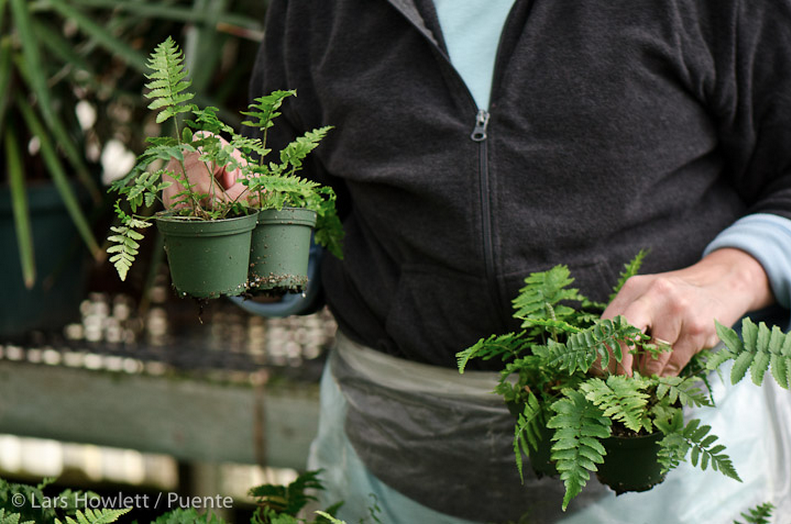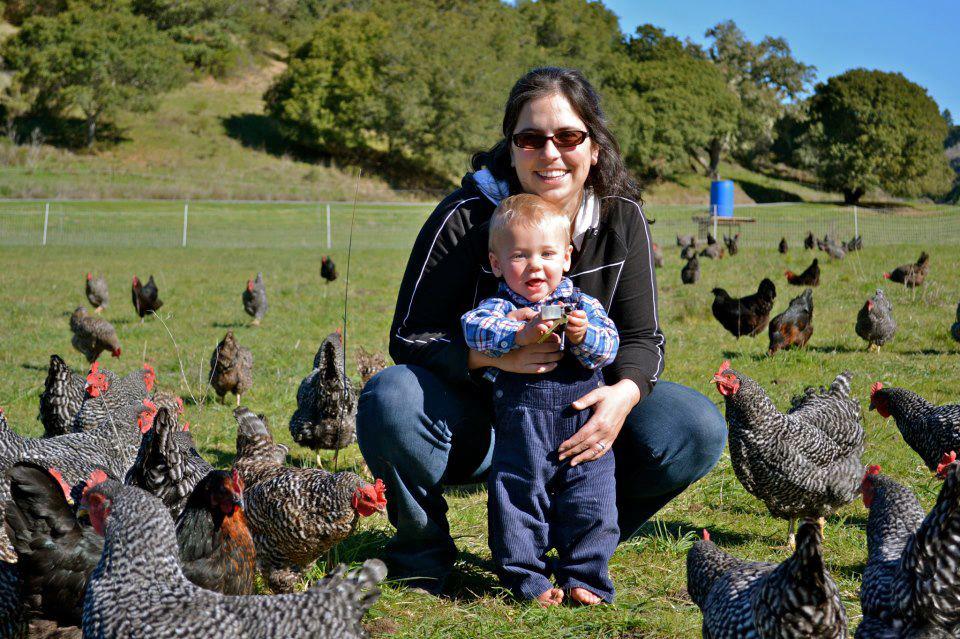If Rev. Wendy Taylor is the spiritual mother who gave birth to Puente, Carol Young-Holt and David Sandage are its fairy godparents.
The couple moved to La Honda in 1989 without suspecting that they would eventually help form the nucleus of social services on the South Coast. At least until they started volunteering with Puente – and saw how their Mexican neighbors lived.
“I was absolutely appalled by the lack of basic services that I took for granted, coming from Palo Alto – the lack of health care and transportation, among other things,” says Young-Holt.
In 1997, Young-Holt, with her husband’s support, was among a small group of locals who met to figure out how they could solve the most intractable problems on the South Coast. Their goal was to leverage county services and private funds to address the needs of Pescadero’s least fortunate residents. Eventually, the group became known as the South Coast Collaborative.
The newly funded services included mental health for the local schools; safety net services; English Language Learning classes; expanded and new preschool services at Pescadero Elementary and La Honda Elementary Schools; a new south coast transportation system, SamCoast; and bringing the County’s mobile health van to La Honda. All of these services were provided under the auspices of a spinoff called North Street Community Resource Center, which formally merged with Puente on April 1, 2007.
Today, Sandage and Young-Holt are monthly sustaining Puente donors. Young-Holt is Vice Chair of the Puente Board of Directors. Sandage serves weekly meals at La Sala, where he enjoys chatting in Spanish with the farm workers who come for a hot meal – a role he has played since La Sala began.
“They’re some of the most honorable people I know,” Sandage says. “They work really hard and they’re always careful to consider your feelings.”
Both are longtime parishioners of Pescadero Community Church, the home base of La Sala and the locus of the original Puente Ministry, founded in 1998 by Rev. Wendy Taylor.
Of all the work they’ve done on behalf of South Coast neighbors – the meals they’ve served, the money they’ve raised, the classes they’ve taught – Carol Young-Holt and David Sandage say the most rewarding by far experience has been watching Puente transform people’s lives.
For example, Sandage really values his role as a volunteer mentor in Puente’s citizenship education program, which involves basic English instruction as well as helping people pass their U.S. citizenship test.
“That’s really enjoyable because it’s a one-on-one relationship. You really make a friend.”
Sandage credits Puente’s Zumba dance classes with uniting locals from white and Latino backgrounds in the name of fun and fitness.
“When we first got here that never could have happened, because everybody was afraid to come out of their homes,” he says.
Young-Holt praises Puente’s youth program, which was founded back in 2007, for “giving the kids some real purpose. I’m watching more and more kids go off to college who might not have gone off to college before.”
Because of Young-Holt’s vision, South Coast neighbors contribute funds each year to Puente’s Youth Bridges Awards – scholarships that are provided to each and every youth that has worked at Puente high school years.
As the South Coast continues to change – culturally, economically and demographically – Puente’s ability to adapt and respond to the needs of residents owes much to the powerful support of its original fairy godparents.





